IS053 - Projection-Based and Data-Driven Reduced Order Modeling: Bridging Accuracy and Efficiency
Keywords: data-driven strategies, projection-based strategies, reduced order methods
Reduced Order Methods (ROMs) aim to build surrogate models to simplify complex parametric coupled systems, generating efficient and reliable approximations, especially in real-time simulations and many-query contexts.
Intrusive approaches, such as Galerkin projection-based methods, involve the knowledge of the system equations to solve the reduced model. These methods are highly accurate, but they usually lack efficiency in terms of computational time when dealing with complex dynamics, such as non-linear problems and complex coupled systems.
Non-intrusive methods, commonly based on data-driven and machine learning techniques, only exploit information from measurements or simulations extracting unseen patterns while efficiently handling a wide range of applications. Despite this, they may require a large amount of data, long training times to achieve acceptable accuracy, and they usually lack error certification, physics consistency, and structure-preserving properties.
Bridging data-driven techniques and physics-based approaches enhances the modeling capabilities and the interpretability of the models, enabling efficient and accurate predictions even for complex systems.
The goal of this mini-symposium is to foster idea exchange through a comparative analysis of the applicability of intrusive and non-intrusive ROMs, illustrating their practical benefits and limitations across a wide range of academic, industrial, and engineering applications.

